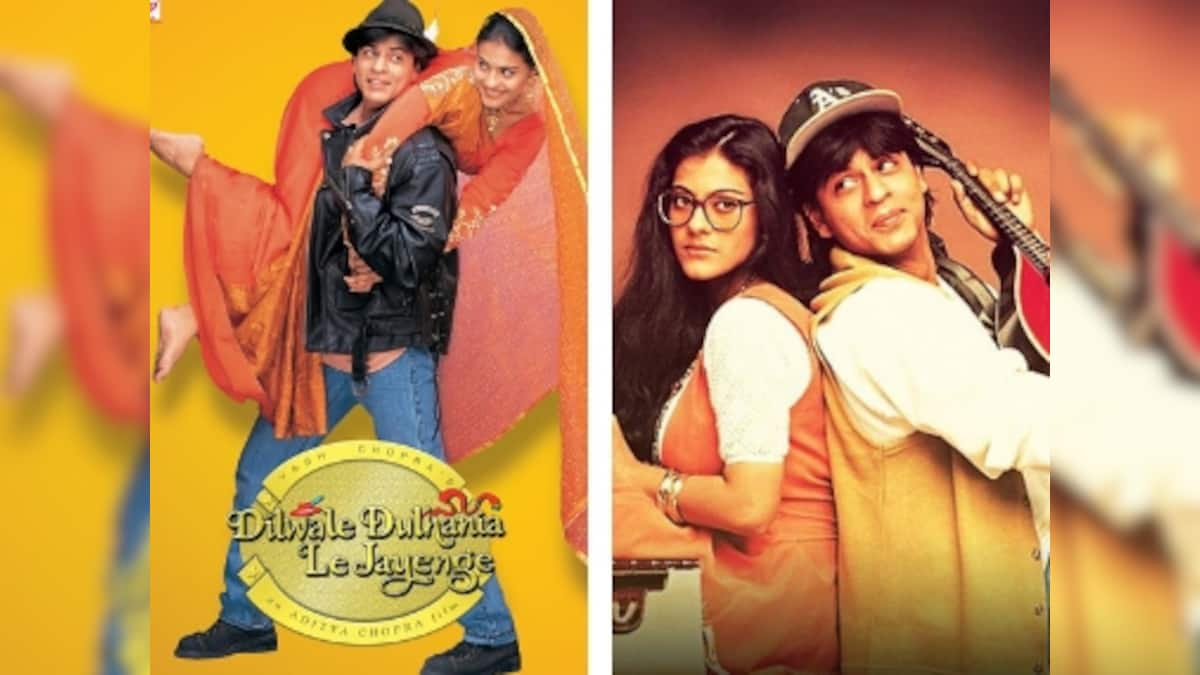As Dilwale Dulhania Le Jayenge (DDLJ) marks 30 years, critics revisit its cultural messaging. Aditya Chopra’s directorial debut, while celebrated as a romantic milestone, subtly endorsed obedience to authority over rebellion. The film’s enduring legacy lies in its portrayal of love that seeks parental approval rather than defying tradition.
DDLJ’s Legacy: Romance Rooted in Respect for Authority
Three decades after its release, Dilwale Dulhania Le Jayenge continues to be hailed as a cinematic landmark. Directed by Aditya Chopra and released on October 20, 1995, the film redefined Bollywood romance—but beneath its iconic love story lies a deeper commentary on cultural obedience and generational values.
Here are the key reflections from its 30-year legacy:
- Cultural Obedience Over Rebellion
Unlike many Western love stories that celebrate defiance, DDLJ’s protagonists—Raj and Simran—choose to win parental approval rather than elope. This narrative choice reinforces the idea that love must coexist with familial respect.
- Aditya Chopra’s Directorial Message
As noted by The Indian Express, Chopra’s storytelling subtly discourages rebellion. The film celebrates authoritarian figures like Simran’s father, whose approval becomes the ultimate goal, not a barrier to overcome.
- Raj’s Transformation
Shah Rukh Khan’s character begins as a carefree flirt but evolves into a respectful suitor who vows to marry Simran only with her father’s blessing. This arc reflects a shift from youthful impulsiveness to mature restraint.
- Simran’s Silence and Submission
Kajol’s character rarely challenges her father’s authority, embodying the ideal of the obedient daughter. Her emotional journey is shaped more by longing than confrontation.
- Generational Dialogue
DDLJ sparked conversations about Indian identity, diaspora values, and the balance between modern love and traditional expectations. It resonated deeply with audiences navigating similar cultural tensions.
- Still Running, Still Relevant
The film remains the longest-running movie in Indian cinema history, still playing at Mumbai’s Maratha Mandir. Its continued popularity reflects not just nostalgia, but its emotional resonance across generations.
- Contemporary Reappraisal
As newer films explore rebellion and autonomy, DDLJ’s legacy is being reexamined. Critics argue that its romantic idealism came at the cost of challenging patriarchal norms.
DDLJ’s 30th anniversary invites both celebration and introspection. It remains a beloved classic, but also a mirror to the values it chose to uphold.
Sources: The Indian Express, Masala.com, Bollywood Hungama, Punjab Khabarnama, Deccan Herald

